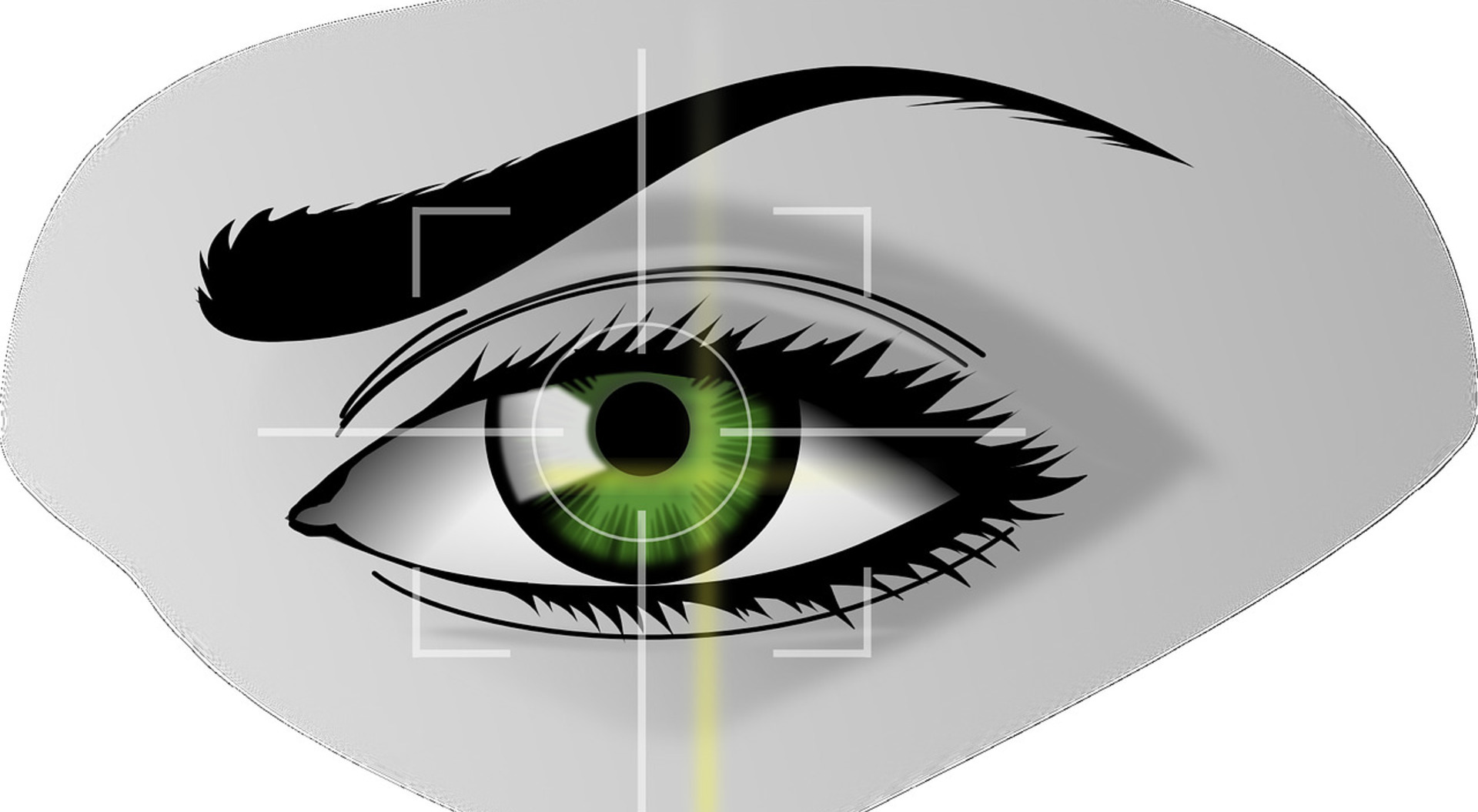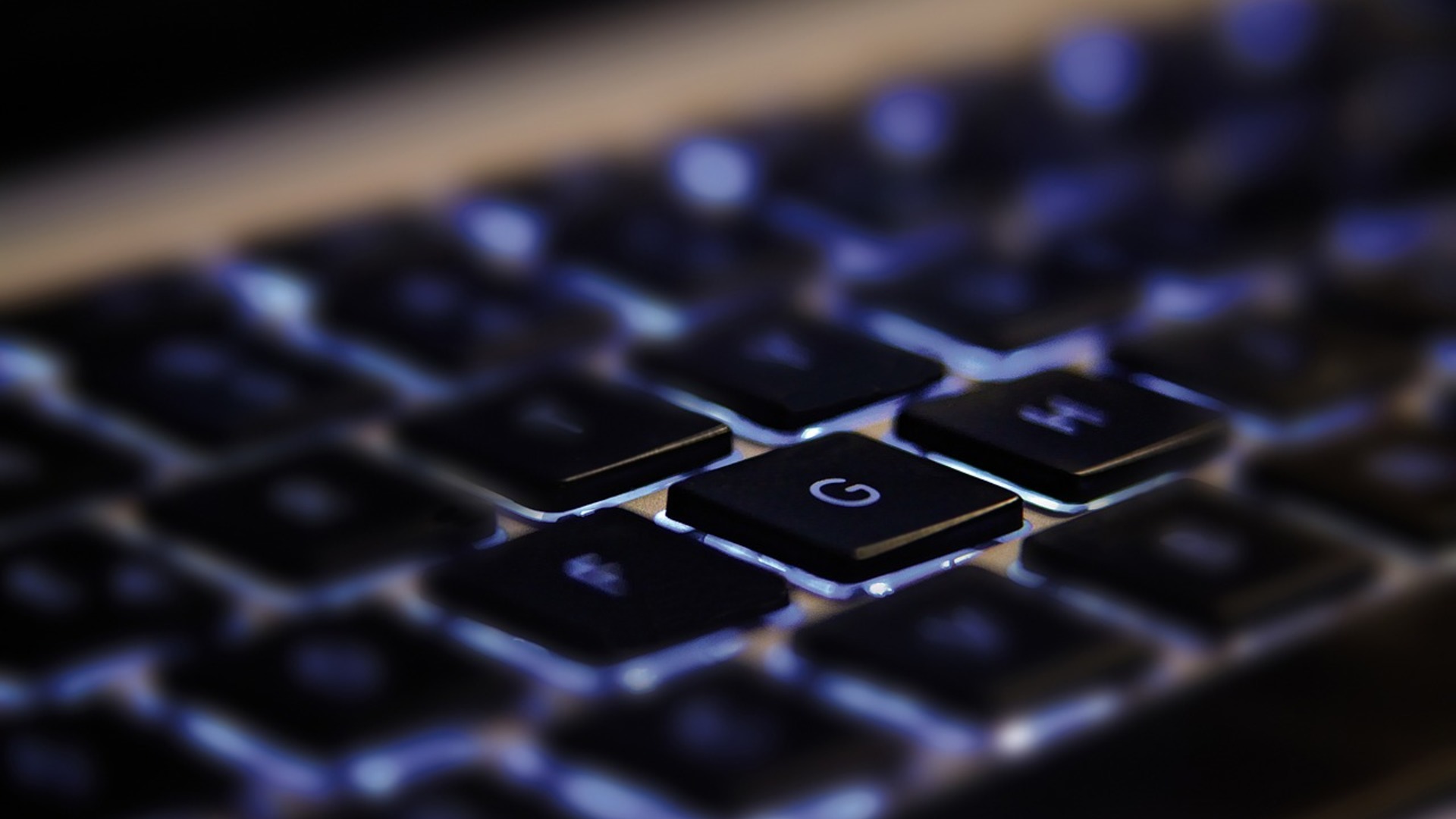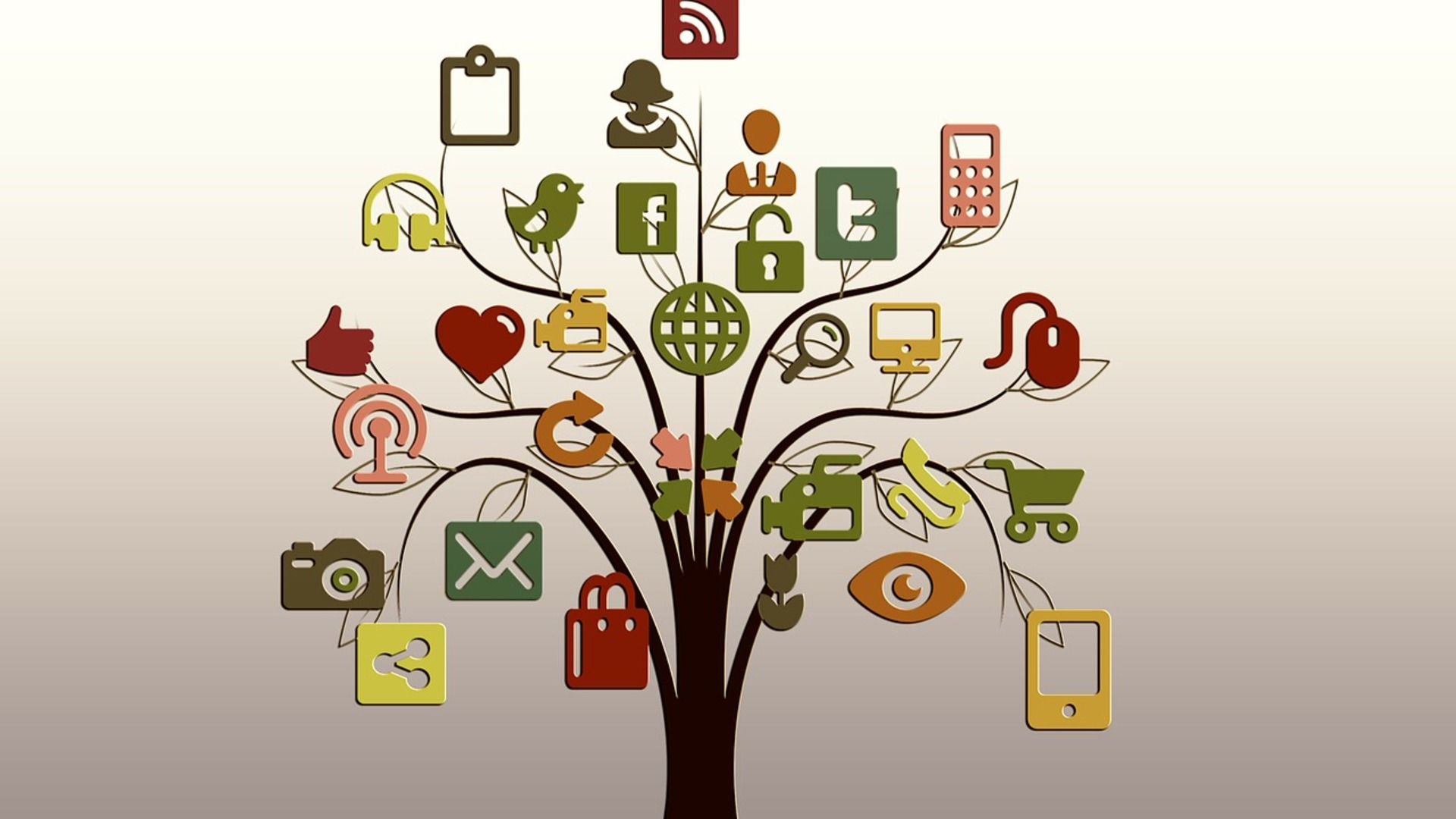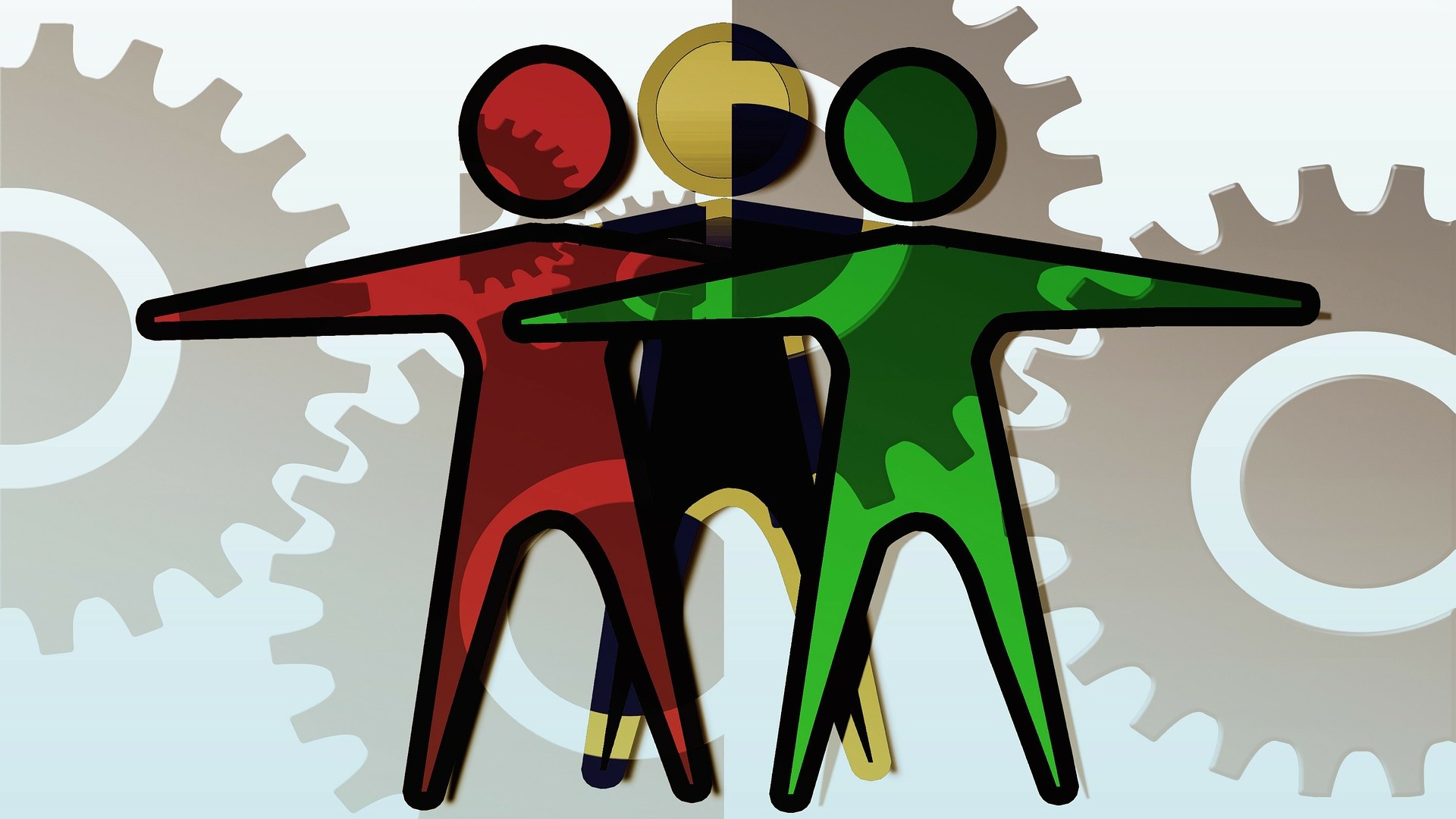Ad Blocking Ethics
As with essentially everything else in the modern world, the Internet fosters advertising; and has huge industries surrounding it. Given the young and evolving nature of the Internet the ad industry has undergone many changes and compared with its extremely sketchy past, improved significantly. Ads are now targeted and tracked - and censored, in some cases - so they are relevant and whatever happens to lie on the other end of the click is of use.
Online advertisements have garnered a bad reputation, in large due to their past and in the case of some websites, their intrusiveness. Popup blockers are old news and are built in to any modern browser, though less due to the annoyance of popups than to the security risk they pose. Following the popup blockers though, have been browser extensions such as Adblock, which are built to block all online ads of any type. It appears that quite an industry is springing up around the blocking of advertisements, considering ...






